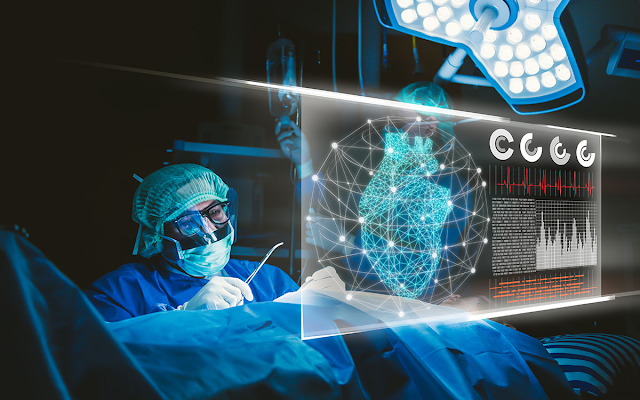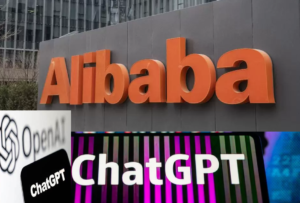“The primary risks which are emerging from Al happen to be the same risks which we have seen with other digital technologies, such as how political systems integrate those technologies.” APAR GUPTA
a. Should we fear Al? Is AI any different from other disruptive technologies?
Key Highlights from the Conversation
- Technological change improves productivity and benefits society as a whole.
- AI is not fundamentally different from other disruptive technologies in terms of risks and impacts.
- Some AI-based systems, such as facial recognition in airports and law enforcement, are already operational and require critical thought and understanding of their social and economic impact.
- Artificial General Intelligence (AGI) is a term used to emphasize the uniqueness and capability of the human mind compared to machines.
- There is a lot of loose talk around AI, and it should not be mistaken for genuine human capability.
- The term “AI” may be a marketing hype to some extent.
b. Do you think the current regulatory system is equipped enough to deal with the privacy and competition threats arising from AI?
Interesting questions on the ground reality,
- What kind of data should the government have about us?
- What kind of. surveillance powers should the government have over us?
- What are the new kinds of harm that come about when governments use technologies in a certain way?
Key Highlights from the Conversation:
- The field of technology policy in India raises questions about checks and balances, government surveillance powers, and potential harm from technology use.
- Laws for the deployment of AI-based systems need to comply with Supreme Court requirements on privacy and consider potential errors and consequences, such as exclusion and harassment.
- We should start paying greater attention to the conversations happening in Europe around AI and the risk assessment approach (adopted by regulators in Europe and other foreign countries) as it may serve as an influential model for India.
- Competition in the AI field is global, with multiple players such as OpenAI, Microsoft, Facebook (now Meta), and Google. When it comes to the competition between Microsoft and Google on search, we in India are spectators.
- Technical dynamism generates its own checks and balances, as seen in the competitive dynamics of the global market for search.
- India needs to address its own unique challenges and limitations in regulatory and state capacity regarding technology use.
- Big Tech dominates the tech landscape due to advantages in computing power, data, and geopolitics, and may further deepen its domination with the advent of AI technology innovation.
c. How do you see India handling Al vis-à-vis China’s authoritarian use of AI?
Key Highlights from the Conversation:
- China has implemented a firewall to cut off users from the global Internet, and India is also experiencing increased blocking of websites.
- China’s approach involves copying global products, leading to mediocrity and stagnation due to a lack of genuine scientific and technical innovation.
- In contrast, India has shown support for globalization, integration into the world economy, and participation by foreign companies.
- Economic nationalism, where foreign companies are cut off from operating in India, is not yet dominant in India.
- The attractiveness of the China model should be approached with caution, as it relies on a form of political control that may not be compatible with India’s values and systems.
How do you see Zoho Corporation CEO Sridhar Vembu’s comments that AI would
completely replace all existing jobs and that demand for goods would drop as people lose their jobs?
Key Highlights from the Conversation:
- Productivity is important for societal prosperity, as it leads to more output per unit of time.
- Job losses in one area can be compensated by job opportunities in other areas, leading to overall productivity gains.
- The example of the shift from STD-ISD booths to mobile phones in India shows that increased productivity can outweigh job losses, leading to overall positive outcomes.
- The labor market naturally adjusts through price movements, allowing individuals to choose the type of jobs they want to do.
It is important for individuals, businesses, and policymakers to adapt and plan for the changing world of work, including reskilling and upskilling the workforce.
Disclaimer: The conversation and opinions mentioned above about AI and its impact on jobs are based on general expert perspectives and should not be construed as definitive predictions or guarantees of future outcomes. The impact of AI on the job market is complex and multifaceted, and it may vary across industries, regions, and timeframes. It’s important to consider multiple sources of information and conduct further research to form a well-informed understanding of the topic. Additionally, individual perspectives and opinions may differ, and readers are encouraged to exercise critical thinking and form their own conclusions.







